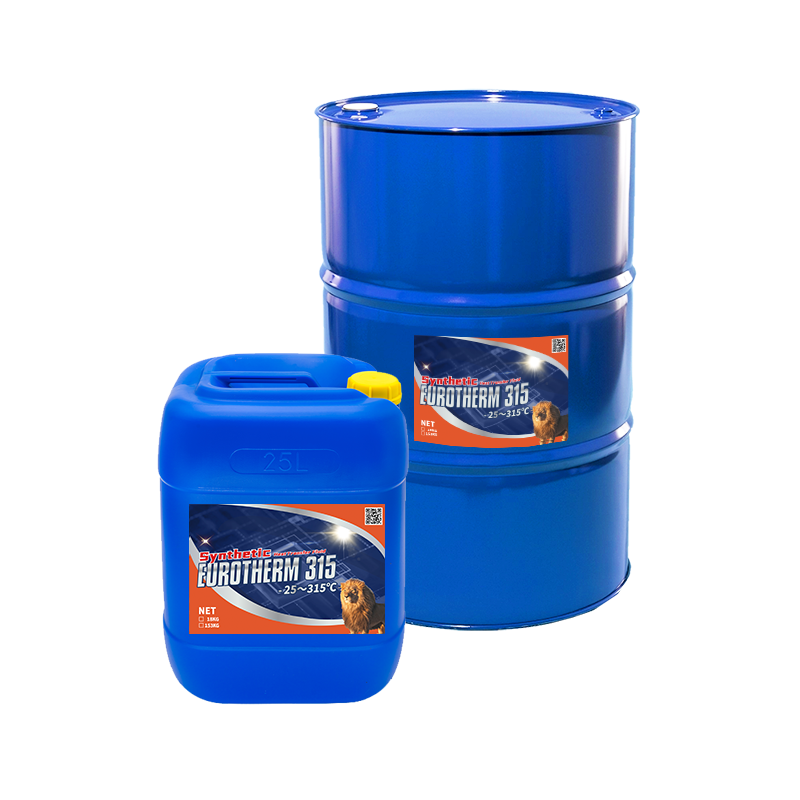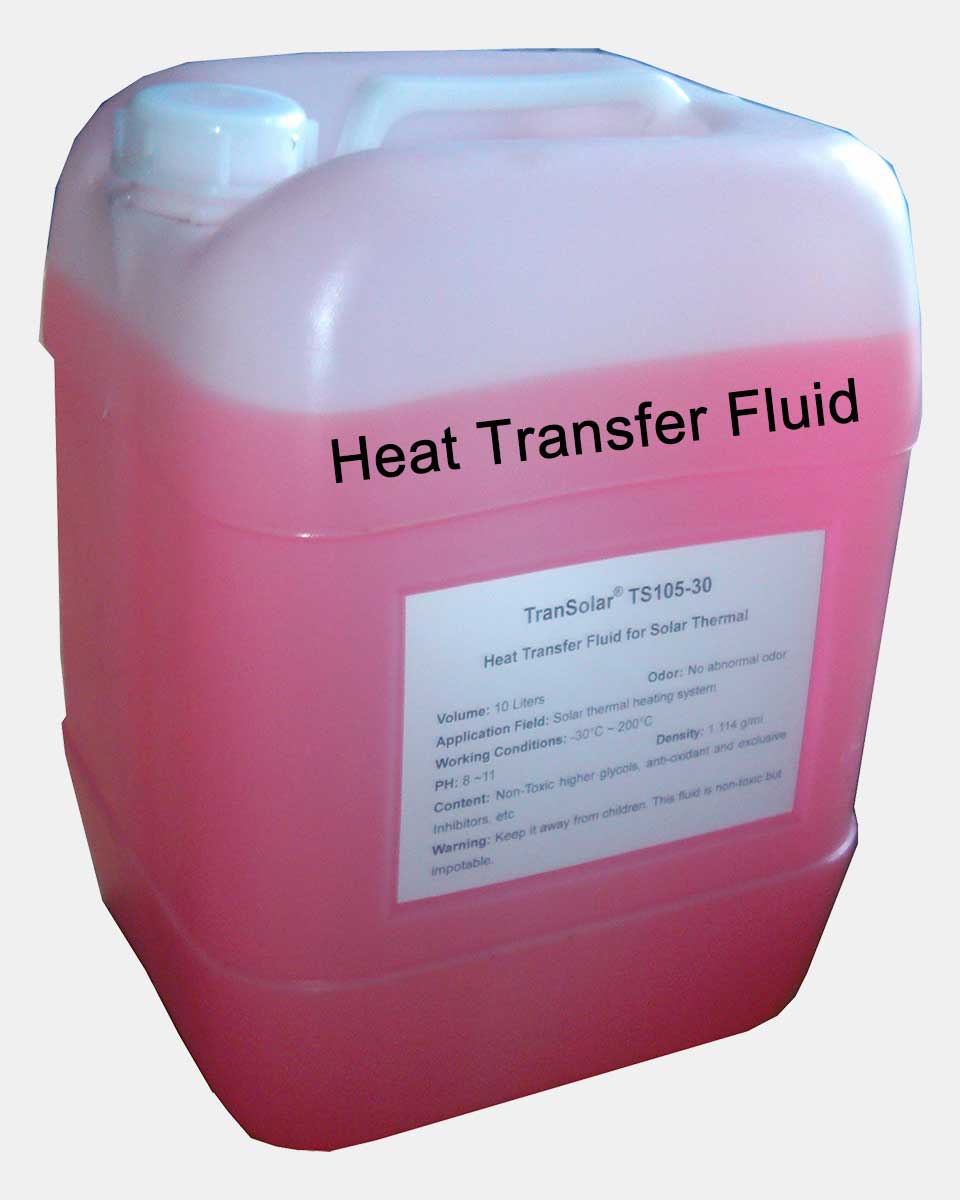Why Selecting the Right Heat Transfer Fluid Is Critical for Optimal System Effectiveness
Selecting a suitable warmth transfer liquid is an essential choice that can significantly influence system efficiency and functional prices. As the ramifications of this choice extend much past instant performance, understanding the nuances of liquid option becomes necessary for any individual looking to attain ideal system effectiveness.
Value of Heat Transfer Fluids
What duty do warmth transfer liquids play in commercial processes? Warmth transfer liquids are important for the efficient transfer of thermal power within various commercial systems.
The option of warm transfer fluid can substantially affect energy devices, performance, and security long life. Fluids must can enduring heats and stress without weakening, as well as exhibit marginal volatility and low poisoning. Their efficiency directly impacts not just the efficiency of the system yet additionally its functional expenses.
Furthermore, warm transfer liquids play an essential role in keeping procedure control, making sure that temperature fluctuations are minimized. This is particularly important in sensitive applications such as petrochemicals and pharmaceuticals, where accurate temperature administration is important. Generally, the importance of selecting the ideal warmth transfer fluid can not be overemphasized, as it is essential to enhancing industrial procedures and improving general system efficiency.
Trick Residence to Take Into Consideration
When picking a heat transfer fluid, which key residential or commercial properties should be focused on to make sure ideal performance? Thermal conductivity is vital; a liquid with high thermal conductivity will successfully move heat, decreasing energy loss. Additionally, the details heat capability of the liquid is crucial, as it identifies how much power the fluid can save and release, influencing overall system responsiveness.
Viscosity is one more substantial residential property to think about, as it affects the fluid's circulation characteristics; lower viscosity fluids are generally liked for simpler blood circulation and minimized pumping power. The fluid's temperature array is similarly important; it must execute properly within the operational temperatures of the system without deteriorating or evaporating.
Take into consideration the environmental influence and safety and security profile of the fluid, as regulations and sustainability objectives progressively influence liquid selection. By prioritizing these key residential or commercial properties, one can pick a warm transfer liquid that enhances system strength and dependability.

Effect On System Effectiveness
The selection of heat transfer fluid directly affects system effectiveness, impacting both power usage and operational performance. A liquid's thermal conductivity, viscosity, and heat capacity play pivotal duties in how efficiently it moves heat within a system. Optimum liquid residential properties ensure that heat is taken in and dispersed successfully, lessening power losses and improving the general performance of the system.

In addition, the compatibility of the liquid with system products can considerably impact performance. A liquid that creates deterioration or deterioration can bring about leakages and system failures, further decreasing efficiency. In summary, the appropriate warm transfer liquid not just maximizes energy performance and lowers expenses however likewise enhances the reliability and long life of the system, making it a crucial factor to consider for engineers and decision-makers in thermal administration applications.
Typical Sorts Of Heat Transfer Fluids
A range of heat transfer fluids are commonly employed in thermal management systems, each with unique properties matched to details applications. Water is just one of one of the most commonly made use of warm transfer liquids as a result of its high particular heat capability, inexpensive, and availability. Nonetheless, its freezing point limits its use in low-temperature applications.
Thermal oils, frequently stemmed from petroleum, are one more prominent option, especially in high-temperature systems. These liquids can run at raised temperatures without evaporating, making them optimal for commercial applications. They might have restrictions worrying thermal stability.
Refrigerants, used largely in cooling systems, have unique thermodynamic residential properties that permit for effective warm transfer at reduced temperature levels. Their selection is important to guarantee performance and compliance with environmental laws.

On top of that, stage adjustment products (PCMs) are acquiring grip for their capability to absorb and launch significant quantities of heat during phase shifts, offering an one-of-a-kind solution for thermal energy storage. Each fluid's details attributes have have a peek at this site to be reviewed for ideal efficiency.
Best Practices for Selection
Selecting the ideal warmth transfer fluid involves mindful factor to consider of a number of vital elements that line up with the particular needs of the application. Initially, analyze the functional temperature level variety. The liquid should maintain its residential or commercial properties and effectiveness across the desired temperature level range. Second, take into consideration the fluid's thermal conductivity, which affects warmth transfer rates; greater thermal conductivity generally results in official website enhanced performance.
In addition, examine the fluid's thickness, as it affects pumping power and general system performance. Reduced viscosity fluids typically lower power consumption throughout circulation. Compatibility with system materials is one more vital aspect; make certain that the liquid does not cause corrosion or deterioration of parts and pipelines.
Following, consider the fluid's security and long life, especially in high-temperature applications. A stable fluid reduces maintenance and substitute prices. Ecological and safety and security laws need to assist your choice procedure, emphasizing eco friendly and non-toxic options when feasible.
Final Thought
In final thought, choosing the ideal heat transfer fluid is crucial for accomplishing ideal system efficiency. The ideal fluid enhances thermal conductivity, lowers power losses, and advertises devices long life, inevitably leading to enhanced system integrity and performance.
Warm transfer fluids are necessary for the effective transfer of thermal power within different industrial systems. Additionally, the certain warm capability of the fluid is important, as it identifies just how much power the fluid can launch and store, influencing general system responsiveness.
Take into consideration the environmental influence and safety profile of YOURURL.com the fluid, as laws and sustainability objectives increasingly influence fluid choice - silicone oil. A fluid's thermal conductivity, thickness, and warm capacity play crucial functions in just how successfully it transfers warm within a system. Water is one of the most widely made use of heat transfer liquids due to its high specific warmth capacity, reduced cost, and accessibility